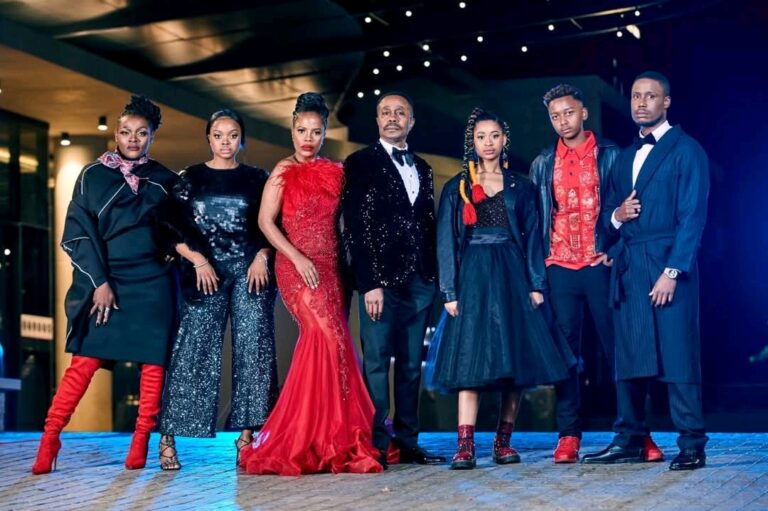
General Nhlanhla Mkhwanazi, the KwaZulu-Natal Provincial Police Commissioner, has once again captured public attention—not only for his role at the Madlanga Commission but also because of an unexpected viral social media post. A woman edited a photo to make it appear as though she was his wife, sparking outrage and heated debate across South Africa.

Mkhwanazi’s Rising Popularity
Mkhwanazi has long been hailed as one of South Africa’s most respected law enforcement officials. His reputation as a “super cop” has grown, particularly after he exposed cases of corruption and spoke candidly about political interference in police investigations. His testimony at the Madlanga Commission further cemented his public image as a man of integrity, drawing admiration not only from his colleagues but also from ordinary South Africans.
Many citizens, particularly women, have openly expressed their admiration for Mkhwanazi. Social media platforms have been flooded with posts praising his courage, discipline, and demeanor. Some even jokingly referred to him as their “crush,” turning the police general into an unlikely online sensation.
The AI-Generated Controversy
The admiration, however, took an unexpected turn when a social media user posted a manipulated image showing herself as Mkhwanazi’s wife. Shared on X (formerly Twitter), the post quickly went viral, gathering more than 2,000 likes. The caption read: *“General Mkhwanazi and his beautiful wife.”*

The image was later revealed to have been generated using AI as part of a popular trend where users edit themselves alongside celebrities or public figures. The woman behind the post, identified as @asanda\_teedow, later apologized, clarifying that she never intended to deceive people. She explained that it was meant to be lighthearted fun, similar to what many others were doing on TikTok.
Backlash From the Public
Despite the apology, many South Africans were not impressed. Critics argued that the stunt was reckless, considering Mkhwanazi’s high-profile position and the sensitivity of his work. Several users pointed out that such an act could put the woman’s safety at risk if anyone mistook her for the general’s real spouse.
One user warned: *“Imagine bad people coming after you thinking you’re the real wife. You’ll die for nonsense, ausi.”* Another added: *“You knew exactly what you were doing. Your apology will not undo the damage.”*
Others expressed disbelief at the lengths some people go for online attention. Some feared that the timing of the post, coming while Mkhwanazi was under the spotlight at the Madlanga Commission, could be exploited by those seeking to discredit him.
A Lesson in Online Responsibility
The incident has reignited conversations about the dangers of AI image manipulation and the responsibility that comes with social media use. While trends may seem harmless, experts caution that altering images of public figures—especially those in sensitive roles—can have unintended consequences.
For now, General Mkhwanazi’s reputation remains intact, with many continuing to celebrate him as a symbol of integrity in South Africa’s police service. The woman’s AI stunt may have sparked outrage, but it also served as a reminder of the thin line between online fun and potential real-world harm.




